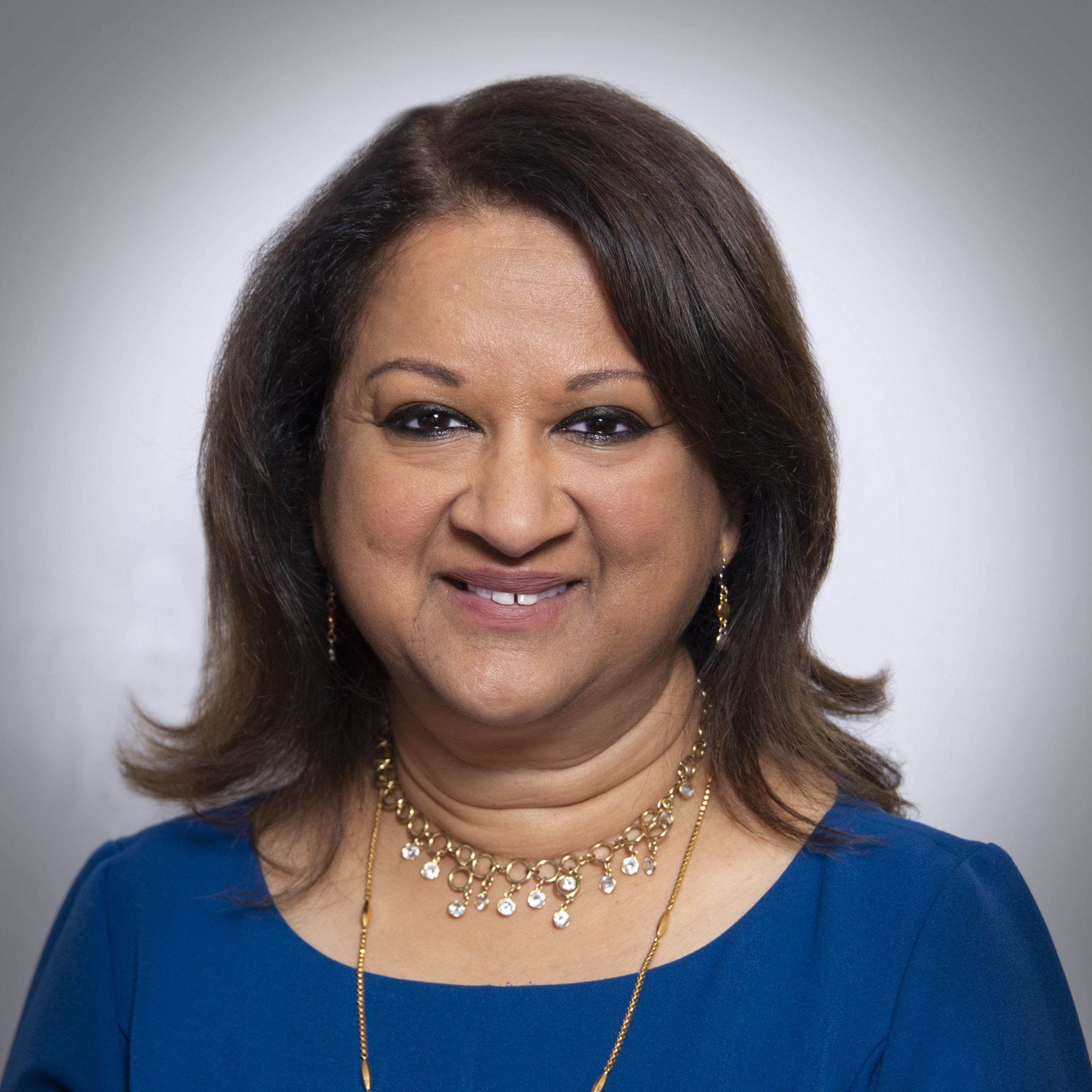
Data is everywhere. From the time we wake up in the morning to when we fall asleep, our life in inundated with data. This can be overwhelming. But if interpreted correctly, data can also be our most valuable asset. Translating data into insights can often uncover a more intuitive understanding of our behavior, encourage accountability and open our minds to possibilities.
In my 25+ years in media research I have seen first-hand how compelling, actionable insights can impact and inspire lasting change. To that point, I’m so pleased to have recently joined SeeHer as EVP, Analytics, Insights and Measurement. It’s with enormous pride and gratitude that I have the opportunity to build on and expand the great research foundation that’s already been created at SeeHer.
One of our most critical research goals is to ensure that all our members have the data, marketing intelligence and ground-breaking thought leadership to make that mission a reality. We’re at a point where the movement, and ANA overall, are drilling ever deeper into what drives change and makes things happen.
An outstanding example of that type of thought leadership is a recent study and upcoming report Dentsu and SeeHer partnered on to understand consumers’ attitudes around the importance of, progress and barriers to gender equality in general and in specific arenas like music and sports.
We wanted insight on whether gender equality is an equally important issue for men and women. What is the sense of progress against the issue? What barriers do men and women think still stand in the way of gender equality? Are marketers messaging to men coherently enough to communicate the reality of how women are portrayed?
The Perceptions of Progress: The State of Women’s Equality in the US study uncovered a series
of five key disconnects between Americans’ perceptions of the state of gender equality and the
reality of women’s experiences.
According to Dentsu’s Megan Keane, the senior strategist leading the study, one key finding was that while the majority of Americans say that women’s equality is a very important issue to them personally (73% of both men and women say so), the genders differ in that men seem to have a rosier outlook on the progress already achieved as compared to women. The study found that 52% of men say they are “very hopeful” about the current state of women’s equality in the US compared to only 42% of women who say the same.
Another key disconnect stems from consumers’ outlook on the potential of media to advance the stature of women and the actual state of current representation. While 81% agree that the media plays a crucial role in shaping gender roles, a full third of respondents do not believe the media currently does a good job of accurately portraying women. The biggest issue appears to be a failure to fully capture women’s capabilities, with 72% of respondents saying they typically see women portrayed as attractive rather than accomplished.
Additional findings look at society’s perceptions of what barriers modern women face, who holds responsibility in creating an equal society, and the role for brands to better reflect and serve consumers.
This critical study from SeeHer and Dentsu aims to offer a point-of-view on how media, brands and consumers can work together to bridge those gaps on the path towards equality. It is clear that as arbiters of mainstream representation, the media and advertising industries must step up or risk being left behind.
I’ve often found that our perceptions are our reality. What we perceive is what we feel is true. If, as the study suggests, women and men perceive progress in women’s equality differently, we need to address that disconnect to keep us moving forward, together, to create change.
You’ll be hearing more from SeeHer and Dentsu on these critical topics as we roll out this research. More detailed findings will touch on perceptions of women’s equality by ethnicity/race, political affiliation and intersectionalities in the coming weeks.
As we learn together, we can all help create change.
